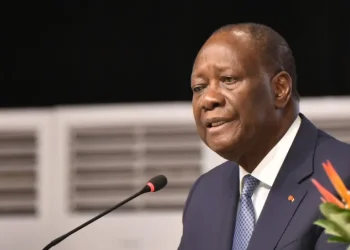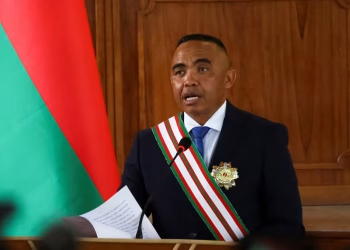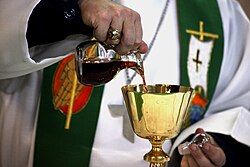Make-up Artist ‘Amuscap’ Sentenced to Six Months in Prison for Spraying Naira at His Wedding
In a case that’s sparked outrage across Nigeria, popular make-up artist Abdullahi Musa Huseini, known online as Amuscap, has been jailed for six months for “abusing” the Nigerian naira by spraying cash during his wedding celebration last December in Kano.
Amuscap, who boasts a large following on social media, pleaded guilty at a high court in northern Nigeria and was sentenced under the 2007 Central Bank of Nigeria Act, which criminalizes the mishandling of the national currency.
The Economic and Financial Crimes Commission (EFCC) said he tampered with ₦100,000 while dancing—a customary act at Nigerian weddings meant to symbolize joy and generosity.
A Cultural Tradition or Criminal Act?
Spraying money is a long-standing cultural tradition at Nigerian weddings, but authorities argue it shows disrespect for the naira, treating it as a symbol of national pride rather than a celebration prop.
The EFCC has ramped up enforcement of this law in recent years, targeting public figures in high-profile crackdowns. Last year, transgender influencer Bobrisky and actress Oluwadarasimi Omoseyin both served jail terms for similar offences.
The law prescribes a penalty of at least six months in prison or a ₦50,000 ($32) fine—or both—for “dancing on, spraying or marching on” Nigerian currency.
Social Media Erupts Over Sentencing
The sentencing has stirred controversy online, with users questioning the justice system’s priorities.
“How does spraying your own money land you in jail, while the powerful who loot billions go free?” one user posted on X (formerly Twitter).
Others pointed to perceived hypocrisy and selective justice, accusing authorities of over-policing harmless cultural expressions while failing to hold corrupt elites accountable.
EFCC Defends Stance, Public Demands Reform
Despite the backlash, the EFCC remains firm, saying the crackdown is part of restoring dignity to the naira and deterring financial recklessness.
Critics, however, argue that criminalizing such acts disproportionately affects ordinary Nigerians while allowing systemic corruption to thrive unchecked.
Meanwhile, calls for a review of the naira abuse laws are growing, with many demanding more reasonable enforcement that respects both culture and common sense.













